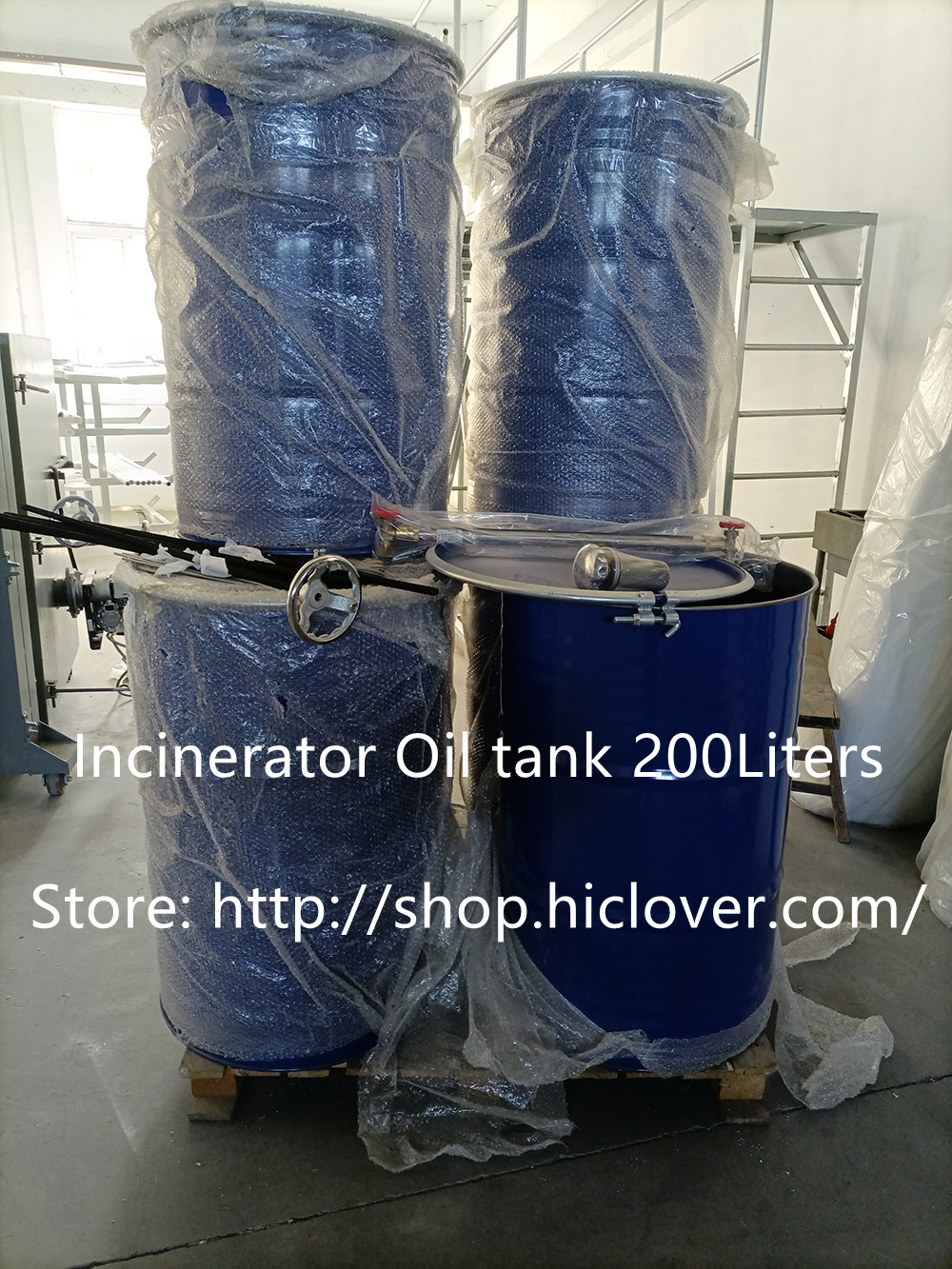Incinerator technology has come a long way in recent years, and the future looks even more promising. With a growing focus on sustainable waste management and reducing environmental impact, innovators are working on new and improved incinerator technologies that offer greater efficiency, reduced emissions, and lower operating costs.
One of the most exciting developments in incinerator technology is the integration of advanced control systems and automation. These systems allow for more precise control over the incineration process, leading to improved combustion efficiency and reduced emissions. Additionally, automation can streamline operations and reduce the need for manual intervention, resulting in lower labor costs and increased overall efficiency.
Another area of innovation in incinerator technology is the use of advanced materials and design techniques. For example, researchers are exploring the use of high-temperature ceramics and refractory materials that can withstand the extreme conditions inside an incinerator, leading to longer lifespans and reduced maintenance requirements. Additionally, advancements in design, such as improved airflow patterns and heat recovery systems, are helping to maximize energy efficiency and minimize waste.
In recent years, there has also been significant progress in emissions control technology for incinerators. New scrubbing and filtration systems are being developed to remove pollutants and harmful gases from the exhaust, resulting in cleaner emissions and reduced environmental impact. Additionally, advancements in monitoring and reporting technology are allowing operators to track emissions in real-time and take proactive measures to minimize their environmental footprint.
Another exciting development in incinerator technology is the integration of renewable energy systems. Some incinerators are now being designed to capture and utilize the heat generated during the incineration process to produce electricity or heat water for nearby facilities. This not only reduces the reliance on fossil fuels but also provides an additional revenue stream for incinerator operators.
Looking to the future, researchers and engineers are exploring the potential for even more innovative incinerator technologies. This includes the development of smaller, more modular incinerator units that can be easily deployed in remote or underserved areas, as well as advances in waste-to-energy technologies that can further maximize the energy potential of incinerated waste.
Overall, the future of incinerator technology looks bright, with a focus on greater efficiency, reduced emissions, and enhanced sustainability. As the world continues to grapple with the challenges of waste management and environmental protection, these innovations will play a crucial role in helping to create a cleaner, more sustainable future.



